It’s everyone’s worst nightmare. Your computer is hacked, and all of your online accounts are compromised. Data breaches are everywhere, and your personal information is leaked to the worst kinds of predators.
Before you start cursing your antivirus software for failing you, let’s take a look at how you can tell if your computer may have been hacked, specifically when operating with Windows 10. Before you close any online account and run for the hills, take a deep breath and follow our guidance.
Who are Hackers After?
Are you currently looking over your shoulder, wondering if the hackers are watching you? Chances are they are lurking because they always are. Hackers want your personal information, and they will go to any length to gain it. Sometimes it’s a grander attack on a major corporation, and it’s almost always about money.
The question is, are you being targeted, and if so, why? One of the biggest mistakes people make is a terrible password. Password123 is not a good password. Any word, all by itself, should be off-limits. The first thing a hacker will do to infiltrate your computer is to throw the dictionary at your password. If it’s a single word, the hacker wins in this case and quite quickly. This is why passwords need to be complicated.
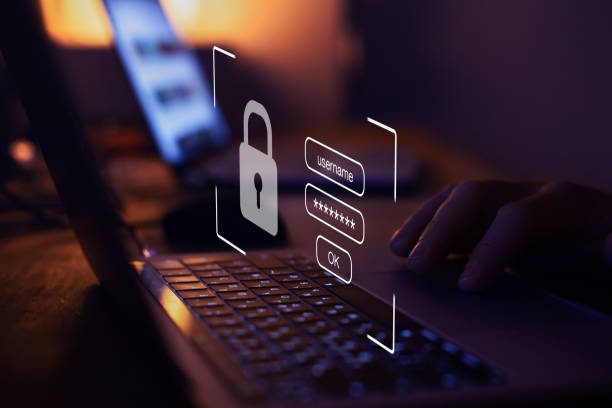
Use capital letters, symbols, and a combination of letters and numbers. Also, try not to use the same password over multiple devices or online accounts because if a hacker gets one right, they have access to various devices or accounts. Change your passwords often, especially on social media. How often have you had an invite from someone you are already friends with on Facebook because their account has been compromised? The chances are their password was too easy. Don’t let that be you.
Keeping your operating system up to date is also essential and usually occurs automatically. Those software updates often happen because they provide constant security patches to prevent hackers from gaining your information. Also, you need to ensure your wifi connections are secure. A hacker can infiltrate your computer when you connect to the internet, and your device is on. When you hit the local store that has free wifi, turn on your VPN for extra security. Hackers love free wifi, and it’s one of the easiest ways to see all of your personal information without your knowledge.
Always be on alert for phishing scams that come in the form of emails or pop-ups on websites. Hackers love to send emails with invalid links that contain malware or put pop-ups on websites that they hope you click. They can do this anywhere, especially on social media outlets. Stay alert and never click on a link sent to your email. The best practice is to copy the link and put it into your browser to make sure it’s valid. Hackers are getting more sophisticated too. They will try to send you emails that look like they are from providers you know and trust. Don’t fall into their trap. Be wary of everything.
Different Types of Hacking
We mentioned some of the different types of hacking, but you must be aware of them all to not succumb to their evil plans. Let’s take a look.
Phishing
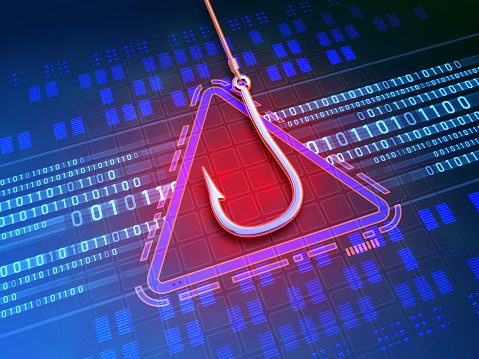
Phishing occurs when a hacker gets you to click on a link within a website that is malicious. It usually contains malware that will infect your computer or scams you into divulging personal information.
The thing to remember is that the hackers make it look natural. It’s not like the old days where everything is misspelled and looks odd. The hackers make it look legit, and that’s the scary part. You click on the link without so much as a thought, and now your computer is compromised. No bueno.
Identity Theft
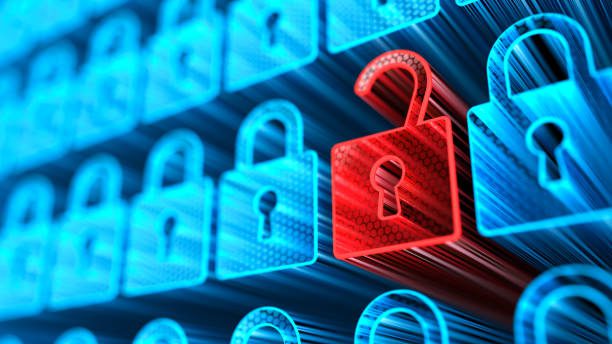
A report stated that 14.4 million people experienced identity theft in 2019. Dude, that’s a ton of people. We want to prevent you from being one of those million. Hackers track your information and get it gradually.
Once they have built up enough information about you, they can sell it to others who steal your identity. Sound scary? Unfortunately, it is. They gain this information via malware that searches your computer for your personal information. The worst part is sometimes it takes a while before you realize your data has been compromised. By then, they have created havoc with your name. It’s the worst.
Malware
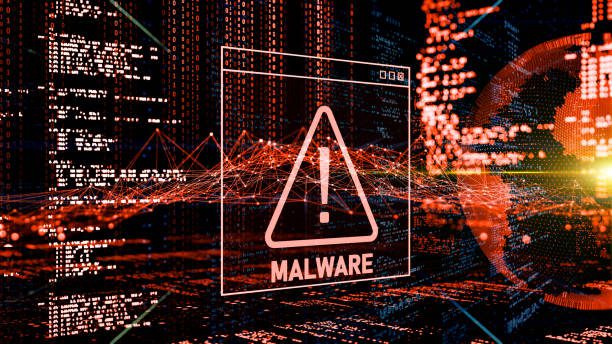
Malware is malicious software that infects your computer and provides the hacker with all of your information.
Sometimes it spies on you to get data, and sometimes it searches your computer for that information and reports back to the hacker. Either way, malware compromises your computer’s safety and wrecks havoc on your life. It can slow your computer down and make things work incorrectly too.
Ransomware
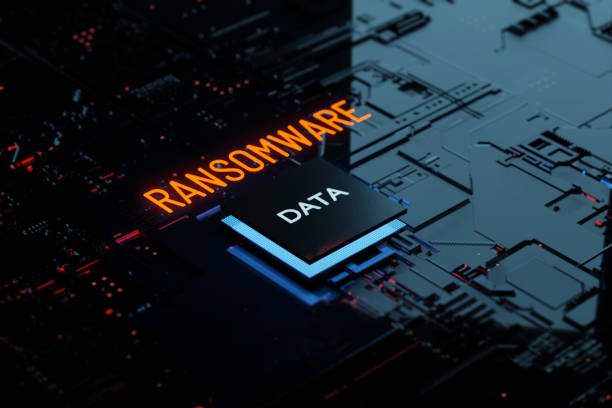
Until you pay them, you can’t open any of your files. Hackers use this often with major corporations to attain millions of dollars in ransom.
Ransomware is a form of malware. Instead of just infecting your computer, it encrypts your files so that you can’t see them. The hacker then demands money to decrypt them.
Cryptojacking
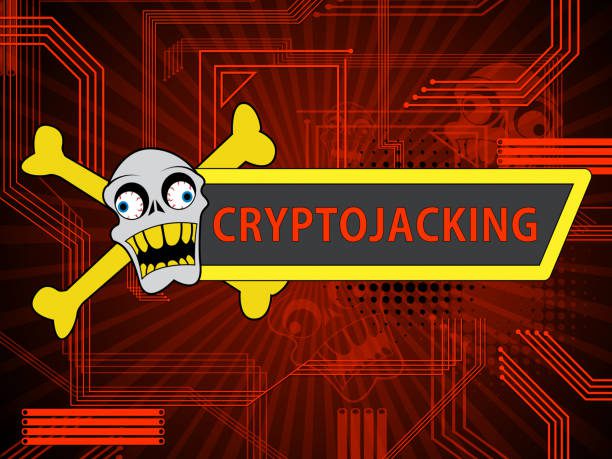
Bitcoin and other cryptocurrencies are all the rage these days. Hackers have found a way to try to get their hands on more of it.
By putting malware on your computer, they can search for bitcoin and other cryptocurrencies. Hackers are really the worst, right?
Also Read : Best VPN for Multiple Devices
You’ve Been Hacked. How do you know?
If you have been hacked, it’s essential to know for sure. For one thing, your computer suddenly acting extremely slowly is a definite sign of hacking. Sure sometimes, computers are slower due to internet connectivity issues or just needing a restart. However, if your internet seems fine and all of a sudden your computer is unusually slow and you notice a lot of bandwidth being used on your network, this is a sign you have been hacked. The hackers are working on getting your information.
Similarly, if you notice software on your computer that you didn’t download, that isn’t a good sign either. Chances are something you clicked on introduced malware on your computer and installed some lousy software that is currently spying on your computer.
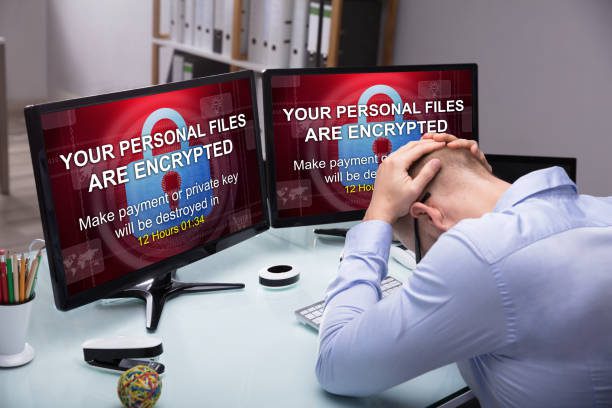
Hackers also like to remote access your computer to see everything. It’s possible to do this without your knowledge. They take over your computer, and sometimes the hint that this is happening is your cursor suddenly moving by itself. If a hacker is excellent, you won’t even see anything moving, but they are accessing your computer. Again, this is scary stuff. They can copy over all of your files to their hard drive without you even knowing.
If you click on a website and it keeps redirecting you somewhere else without you clicking on anything, it might just be a random thing. However, if this keeps happening to you, it’s a sign that you have been hacked. Chances are the malware the hacker planted on your computer is causing chaos, or they are creeping on you by remote accessing your computer. Either way, your data has been compromised, my friend.
When your friends keep telling you that you are sending them spam emails, there’s a good chance you have been hacked. Unless you like to constantly send spam to your friends, you need to get help ASAP.
Unhacking a Hacker
We’re not sure if “unhacking” is a word, but we’re going to go with it. If your worst nightmare has come true, and your computer is hacked, what can you do? If you have antivirus software, have it run a scan on your computer.
The best thing to do is isolate the virus on your computer. If you can do this quickly, the antivirus software can remove the malware, and you are back to a safe computer. However, if a hacker is legit, it might be more complicated than that. You might have to delete everything from your hard drive and start from scratch.
While this doesn’t sound great, it’s better than having malware. When you do this, create the ultimate password. We are talking one of a kind, never been used, symbols and numbers and capital letters to boot. Go a little crazy here because the hackers won’t expect that.
Also Read : Best Security Extensions for Chrome
Sending you Non-Hacker Vibes

Hopefully, you aren’t reading this because you have been hacked. We hope you are reading this because you want to know how to avoid it. If you have been hacked, remember to look for the obvious signs like malicious pop-ups, a computer that is taking forever to boot up, and your cursor moving on its own.
If the signs are there, check your bank account and other online accounts. If all looks ok, kick your antivirus software into gear and try to remove the virus. Worst-case scenario, you need a complete wipe of your system. As we said, we hope you are reading this for prevention purposes only. Hackers, we are onto you.

